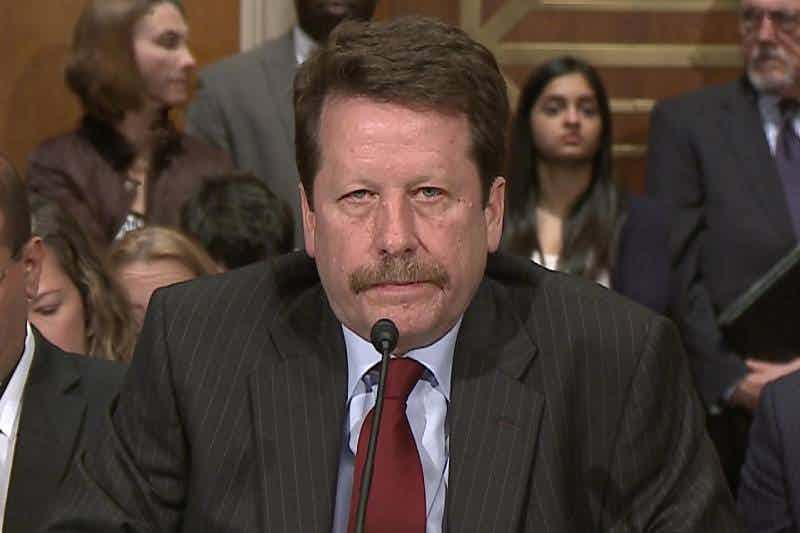A bipartisan trio of U.S. senators has sent a letter to FDA Commissioner Robert Califf, urging him to reform the agency’s tobacco product application process, and asking him to explain and clarify the FDA’s approach to nicotine product regulation.
The letter, dated Dec.13, is signed by Republican senators Ted Budd (NC) and Rand Paul (KY), and Democrat Joe Manchin (WV).
Noting that the Tobacco Control Act requires the FDA Center for Tobacco Products (CTP) to review and decide on premarket tobacco product applications (PMTAs) and modified risk tobacco product (MRTP) applications within 180 days, the senators correctly note that the FDA has proven itself incapable of meeting review deadlines, and has authorized just a handful of non-combustible nicotine products.
“Since 2009,” they write, “more than 26 million premarket tobacco product applications (PMTAs) have been submitted for new tobacco products in the U.S. Of those 26 million applications, the CTP has authorized fewer than 50. Remarkably, it has also authorized a total of only 16 Modified Risk Tobacco Products (MRTPs) for only four unique products and their accessories. This miniscule authorization rate is not in keeping with the CTP policy acknowledging that tobacco products fall on a continuum of risk. The availability of scientifically substantiated, authorized-PMTAs or MRTPs could potentially improve health outcomes for smokers currently using riskier products.”
"Since the FDA granted itself authority to regulate vaping products in 2016, the agency has authorized just seven e-liquid-based vaping devices for U.S. sale."
The senators cite the December 2022 Reagan-Udall Foundation report that concluded the CTP had largely failed as a regulator, before posing a series of questions to Califf:
The senators are asking Commissioner Califf to respond to their questions within 30 days.
Since 2016, when the FDA granted itself authority to regulate vaping products, the agency has authorized just seven e-liquid-based vaping devices for U.S. sale. The agency has not granted marketing permission for a single bottled-e-liquid, refillable vape product, or product in any flavor other than tobacco.

Jim McDonald
Vaping for: 13 years
Favorite products:
Favorite flavors: RY4-style tobaccos, fruits
Expertise in: Political and legal challenges, tobacco control haters, moral panics
Jim McDonald
Smokers created vaping for themselves without help from the tobacco industry or anti-tobacco crusaders, and I believe vapers and the vaping industry have the right to continue innovating to give everyone who wants to use nicotine access to safe and attractive non-combustible options. My goal is to provide clear, honest information about vaping and the challenges nicotine consumers face from lawmakers, regulators, and brokers of disinformation. You can find me on Twitter @whycherrywhy


